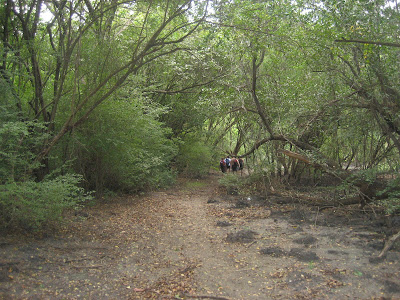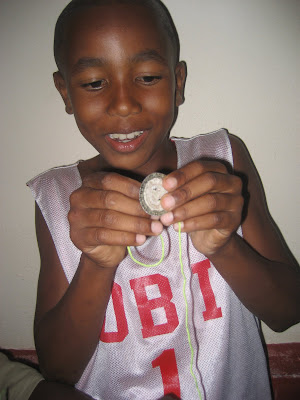
It was thirty-eight years ago today. It does not seem that long ago. My life could have been so small, but it feels slightly larger than small.
I got up early this morning. There’s a package in
It was a stormy night last night. The rain pounded the aluminum roof and when it subsided the howling winds from the
I intend to stop at the Credit Union before I get to the bus stop. I need to deposit my rent money into
There are only a few people on board, but the driver heads for the city; something seldom done. He will usually wait until there are enough passengers to make the trip worthwhile. I settle in, open my bag and retrieve my ITouch. I watch a couple of YouTube Videos, but then turn to music.
Today would have been our thirty-eighth wedding anniversary. I have so many wonderful memories of John and today he will be on my mind. As I listen my ITouch it creates a musical time-machine. Each song has another memory taking me to another place that makes me smile. How did I get here? I never would have guessed this would be my life.
As the bus travels down the winding two lane road headed for the capitol, I look out the window at the banana fields that dot the highway. Blue bags hang from the trees. The bags are used to protect bananas from pests. I see a man sitting at a table by the roadside. There are dozens of bananas on the table. This is his business – selling a few banana’s each day. They cost a quarter each.
Marvin Gaye sings What’s Going On bringing me to the early 1970s and I think about our days on
I first heard the Clancy Brothers when I met John. He loved his Irishness. How fitting it is that The Jug of Punch should play on this day. As I think about family gatherings and corned beef and cabbage, I notice a partial truck by the road that is overcome with wild ferns and other plants. It looks much like a planter. The truck has been there so long it blends into the landscape. There is the occasional pedestrian walking on the highway carrying a cutlass.
Creedance Clearwater Revival’s Lookin’ Out My Back Door begins and I am immediately filled with joy. It’s one of the few songs I would hear John singing to. Whenever this song played, whatever was happening, I paused because it brought out the best side of him.
Out my window a woman is selling fruits and vegetables. There is a colorful array of edible fresh picked foods; watermelons, oranges, tangerines, tomatoes, sweet potatoes and breadfruits. A man is harvesting bananas in a nearby shed. There are streams of brown muddy water from the tropical rain.
Pink Floyd plays Eclipse and it takes me to our early days on
I notice shacks with tin roofs and homes with freshly painted porches. There are ferns and coconut trees and we are passing the best part of the road now; a rain forest filled with lush greenery. I look over at other passengers and watch them enjoying the beauty of nature. And then James Taylor starts singing I’ll be There, and I smile.
There are packs of passive dogs crossing the highway with skill. Survival of the fittest is evident in these packs. They are skilled at dodging cars and have learned to have patience with people who generously toss leftover bones their way. I am reminded of our two German Shepards, Charlie and Alice.
I have a strange feeling. I’m here in
.































